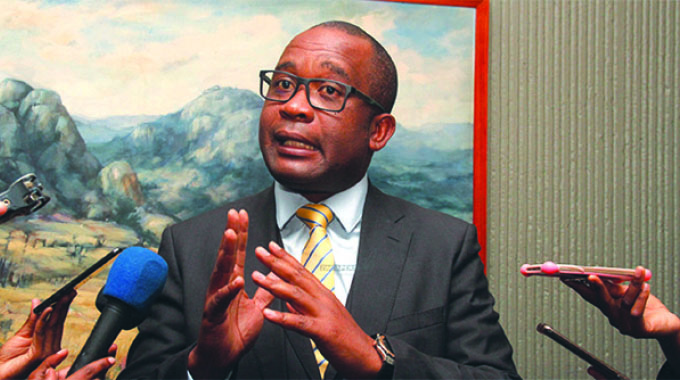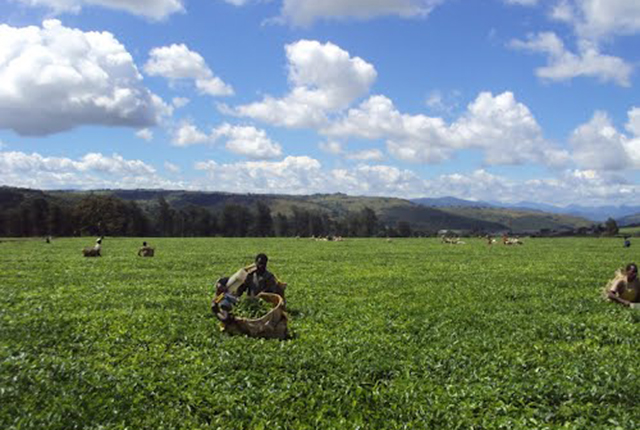Duty suspension on capital goods hailed

Oliver Kazunga Bulawayo Bureau
CAPTAINS of industry have applauded the Government for continuously suspending duty on capital goods saying the move is progressive and augurs well for the attainment of the objectives of National Development Strategy 1 (NDS1).
In his 2022 National Budget, Finance and Economic Development Minister Professor Mthuli Ncube revealed that since 2009, Treasury has availed tax rebates and Value Added Tax (VAT) deferment to manufacturing, mining, tourism, agriculture, transport, energy and health sectors.
In the context of supporting industrial growth and development across different sectors, Prof Ncube said the Government was extending the suspension of duty on capital goods with effect from January 1, 2022.
Confederation of Zimbabwe Industries (CZI) immediate past president for the Matabeleland chamber, Dr Shepherd Chawira, who is also Shepco Industries group chief executive officer, commended the Government for continued support to the productive sector.
“Definitely it’s something that we needed as industrialists looking at the nature of our industry that is operating with antiquated machinery,” he said.
“Nearly every company in the manufacturing sector needs retooling at the moment and that will go a long way because in the absence of long-term finance in the economy, suspension of duty goes a long way in terms of supporting that retooling initiative.”
Due to obsolete machinery the industrial sector is using, Dr Chawira said this was rendering local companies inefficient as far as production was concerned.
“Due to antiquated equipment, companies are suffering frequent breakdowns and we need retooling.
“Thus, the suspension of duty on capital equipment is a good initiative that buttresses the National Development Strategy 1 (NDS1),” he said.
The NDS 1 is a five-year economic blue-print running between 2021 and 2025 and outlines policies, institutional reforms and national priorities required for the country to attain an upper middle-income economy by 2030.
Some of the 14 priority areas enunciated in the NDS 1 are economic growth and stability, moving the economy up the value chain and structural transformation, and infrastructure development.
In a separate interview, Association for Business in Zimbabwe chief executive officer, Mr Victor Nyoni, said the suspension of duty on capital equipment was pro-productivity.
“One of the biggest challenges companies face is retooling. Therefore, the decision to continue suspending duty on capital equipment is indeed good for business,” he said.
“This will help increase installed capacity and hence production. So, yes, we see the economy achieving set targets in the NDS1 policy trust.”
Industrialist, Mr Tafadzwa Musarara, who is also the Grain Millers Association of Zimbabwe president said the continued suspension of duty on capital equipment was progressive and in line with international best practice.
“What it simply does is to attract capital towards procuring or acquisition of machinery and dissuade people from buying luxuries.
“You can see that in Africa, Zimbabwe tops on second hand car imports. So, if you juxtapose this policy of suspending duty on capital equipment and the other policy on banning car imports, which are 10 years older, you can see that there is a calculated and well-designed strategy that is meant to drive the economy and move away from luxuries and concentrate on production,” he said.









Comments